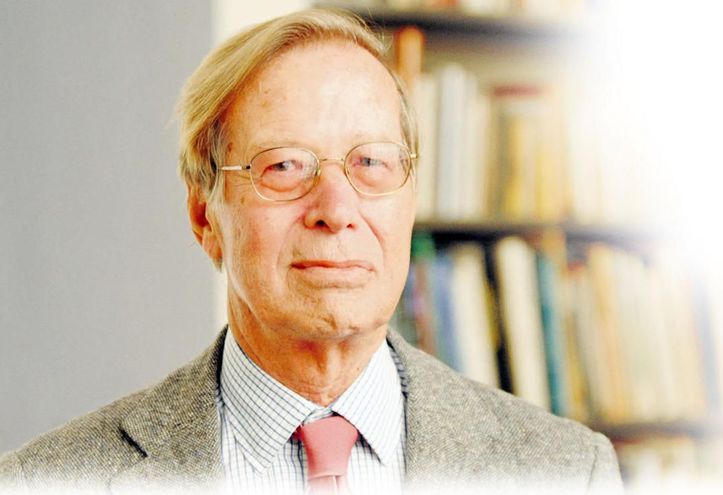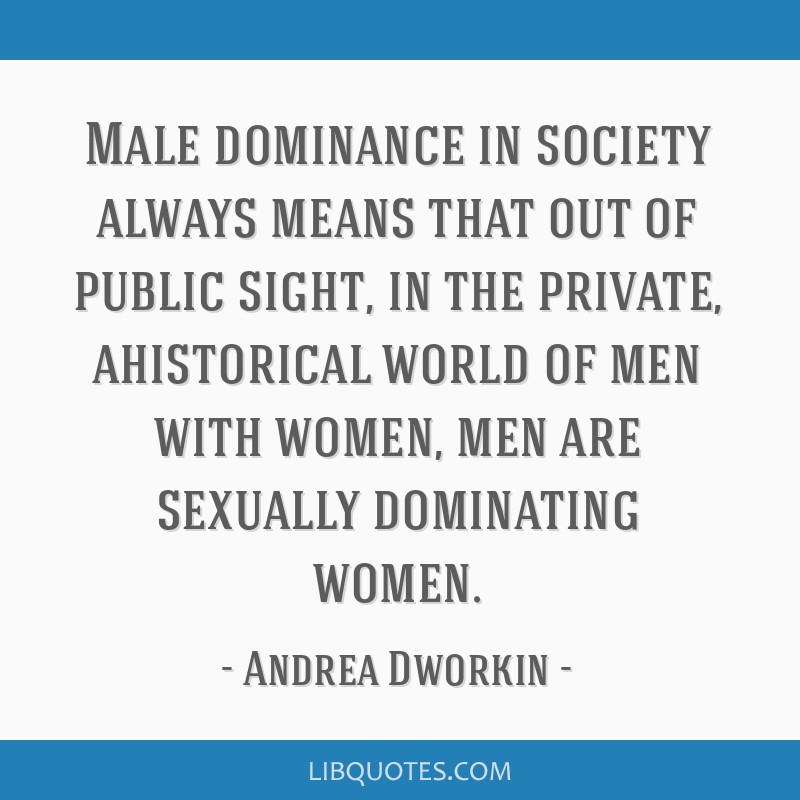


One of the most conspicuous populist movements in the world today, Trumpism, is emphatically masculinist, counting among its most zealous adherents exclusively male neo-fascist groups like the Proud Boys. Contemporary factors doubtlessly also contribute to this privileging of men and masculinity in populism research. People’s Party of the late nineteenth century, figured “the people” in expressly masculine terms as a virile and virtuous yeomanry pitted against a corrupt and effeminate urban elite ( Hofstadter, 1955). The first political movement to which the term “populist” was applied, This emphasis is understandable, in part, for historical reasons. Of those scholarly treatments that do exist, the lion’s share focus on the role of men and masculinity in populist movements Until scholars of populism start asking Cynthia Enloe’s famous question, “Where are the women?,” in a sustained and rigorous way, phenomena that are integral to populism’s functioning will elude us and our understanding of the relationship between gender and populism will remain partial and incomplete ( Enloe, 2014).Īccording to one recent review of the burgeoning interdisciplinary scholarly literature on populism, populism’s “relationship with gender issues remains largely understudied” ( Abi-Hassan, 2017, 426–427). QAnon, I argue, is a case study in how femininity, particularly feminine identities centered on motherhood and maternal duty, can be mobilized to engage women in populist political projects. politics and culture with the onset of the global Coronavirus pandemic, I demonstrate that populist deployments of femininity are as rich, complex, and potent as their deployments of masculinity.

Through a close examination of the complex gender politics of QAnon, a pro-Trump conspiracy movement that burst into the mainstream of U.S.

In this essay, I argue scholarly reflection on the relationship of gender and populism should not be limited to this narrow frame. Of those scholarly treatments that do exist, the lion’s share focus on the role of men and masculinity in populist movements. According to one recent review of the burgeoning interdisciplinary scholarly literature on populism, populism’s “relationship with gender issues remains largely understudied” ( Abi-Hassan, 2017, 426–427).


 0 kommentar(er)
0 kommentar(er)
